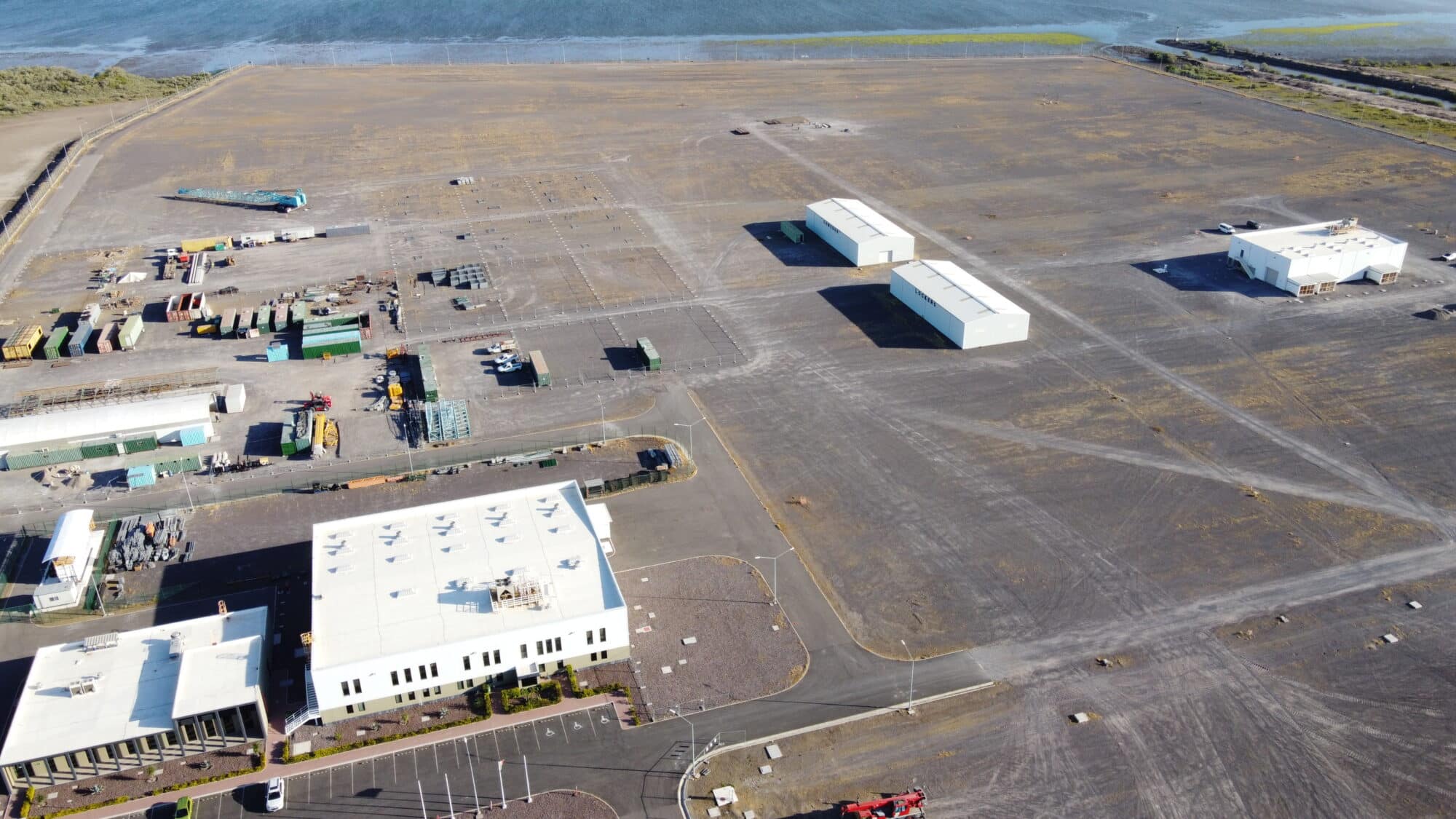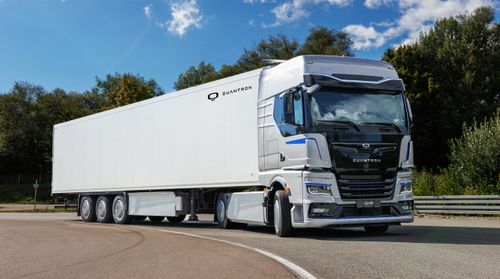Honeywell is in talks with multiple customers to provide its LOHC technology for the expected growth in international hydrogen transport opportunities.
The LOHC product, which chemically combines hydrogen gas through toluene hydrogenation into methylcyclohexane (MCH), is expected to compete with ammonia and other modes of transport in global hydrogen supply chains.
Honeywell will rely on its existing refining infrastructure – including through retrofits – to convert and transport hydrogen at a low cost, according to Bryan Glover, chief technology and growth officer for Honeywell Sustainable Technology Solutions.
“Honeywell’s LOHC solution is designed to use existing refinery infrastructure to convert and transport hydrogen,” he said via email. “Additionally, the potential to retrofit existing fixed bed and continuous catalyst regeneration platforming units dramatically reduces the overall investment cost for hydrogen transportation when compared to greenfield installations.”
Honeywell was recently selected by Japanese oil company ENEOS to provide the technology to what it calls the world’s first commercial-scale LOHC project. Hydrogen from the ENEOS project will be exported to Japan in the form of MCH, with the hydrogen recovered through dehydrogenation and the toluene, an organic solvent, sent back for additional cycles.
ENEOS in January announced that it made an equity investment in MCVE Gulf Coast, LLC, a U.S. Gulf Coast clean hydrogen project that seeks to produce hydrogen and ammonia. As part of the project, ENEOS is evaluating the feasibility of exporting hydrogen to Japan via MCH.
Some experts have questioned the long-term viability of MCH as a hydrogen carrier, citing the need for energy and storage infrastructure at export and import sites, in addition to the return shipping requirements and the fact that only about 6% of MCH by weight consists of hydrogen.
Honeywell already has over 1,000 dehydrogenation installations in service, and can utilize existing refining infrastructure to keep costs low, according to Glover.
“The key advantages of using MCH as a hydrogen carrier are cost and energy consumption alongside safety, permitting and infrastructure availability,” he said. “For exports, it provides an efficient hydrogen solution with minimal losses, and catalysts can be recycled for reuse.”
Glover said the LOHC solution will be used at multiple ENEOS sites located around the world, all with a focus on importing hydrogen into Japan.
“Honeywell’s LOHC solution will be used at multiple ENEOS sites,” Glover said. “The units are not installed yet, however these will be located around the world with a focus on importing hydrogen into Japan,” he said, noting they will be built either in existing plant locations or at newly designated locations.






